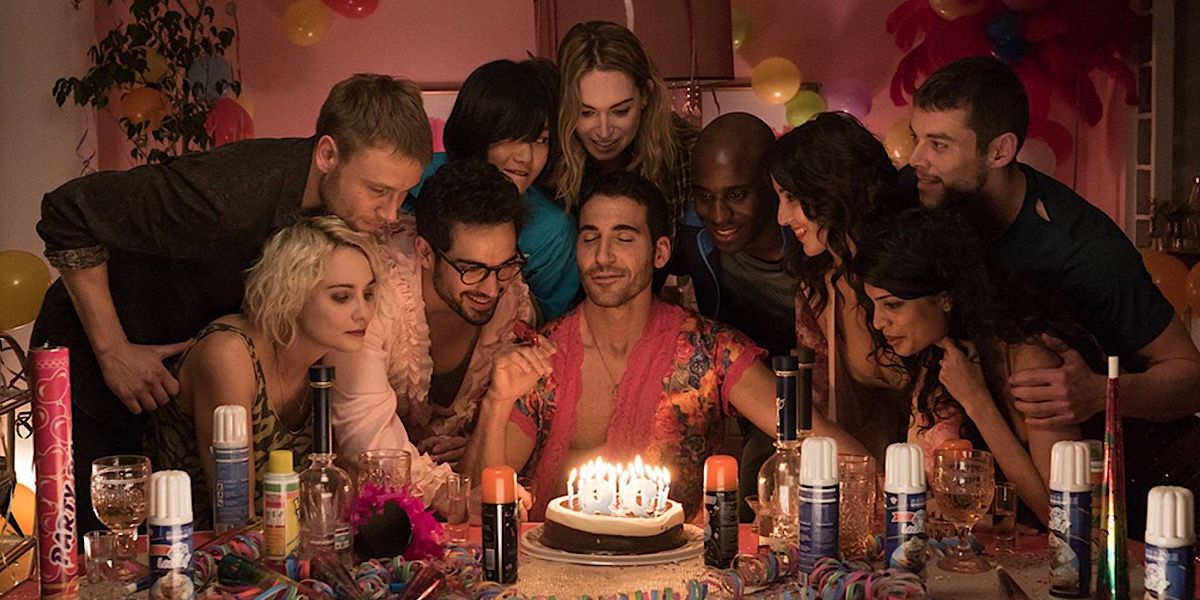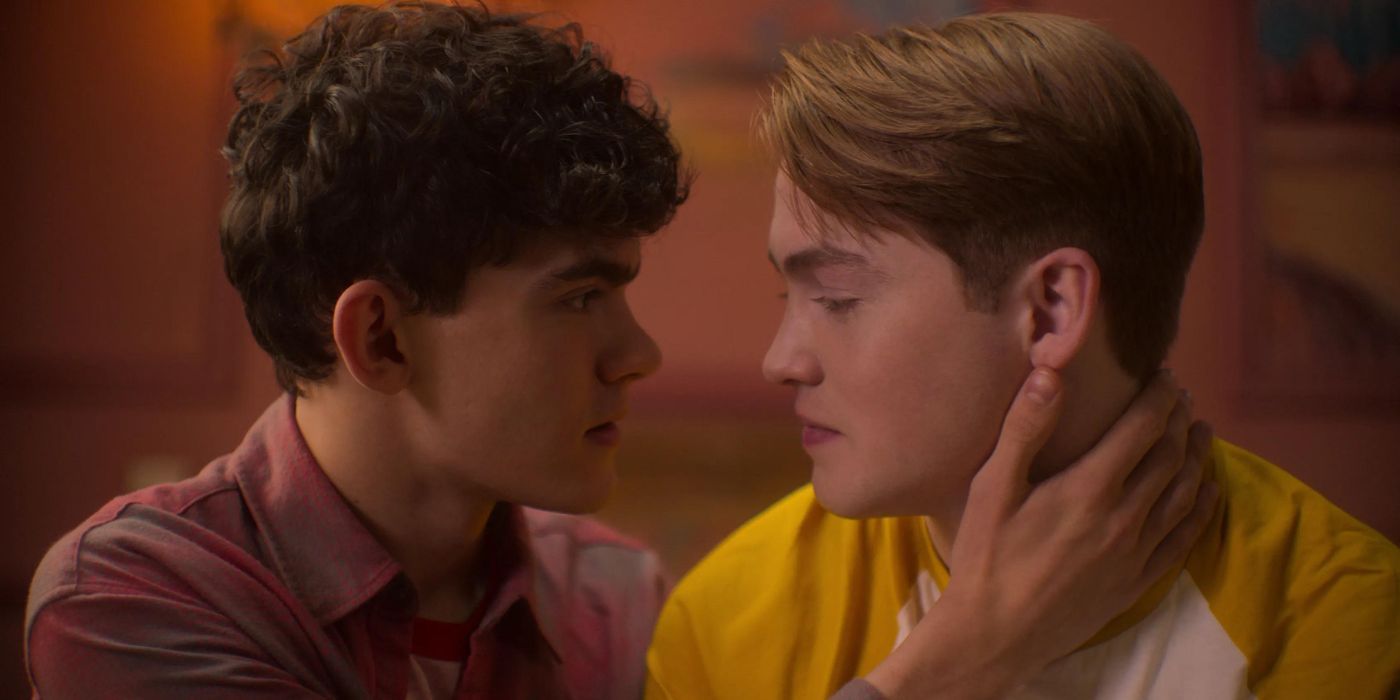
Each year, more than 200 television series scripts are created, and it’s clear not all will reach their final episode. There may not be a specific formula for why TV shows end, but there are patterns that have persisted over the years. The latest example of this recurring trend is Netflix’s “Heartstopper.
In contrast to its substantial dedicated fanbase, the popular queer teen coming-of-age series is planning to conclude not through additional seasons but rather with a final film. This move, though bittersweet, follows a longstanding trend in LGBTQ+ television: such shows often wrap up with a concluding film instead of a complete season, unless they are canceled. Although the narrative structure of Heartstopper seems conducive to wrapping up the story in a film, it doesn’t alleviate the disappointment felt by fans.
Heartstopper’s Ending Mirrors a Familiar Pattern with Queer Shows
There’s More Going on Behind the Scenes Than Meets the Eye
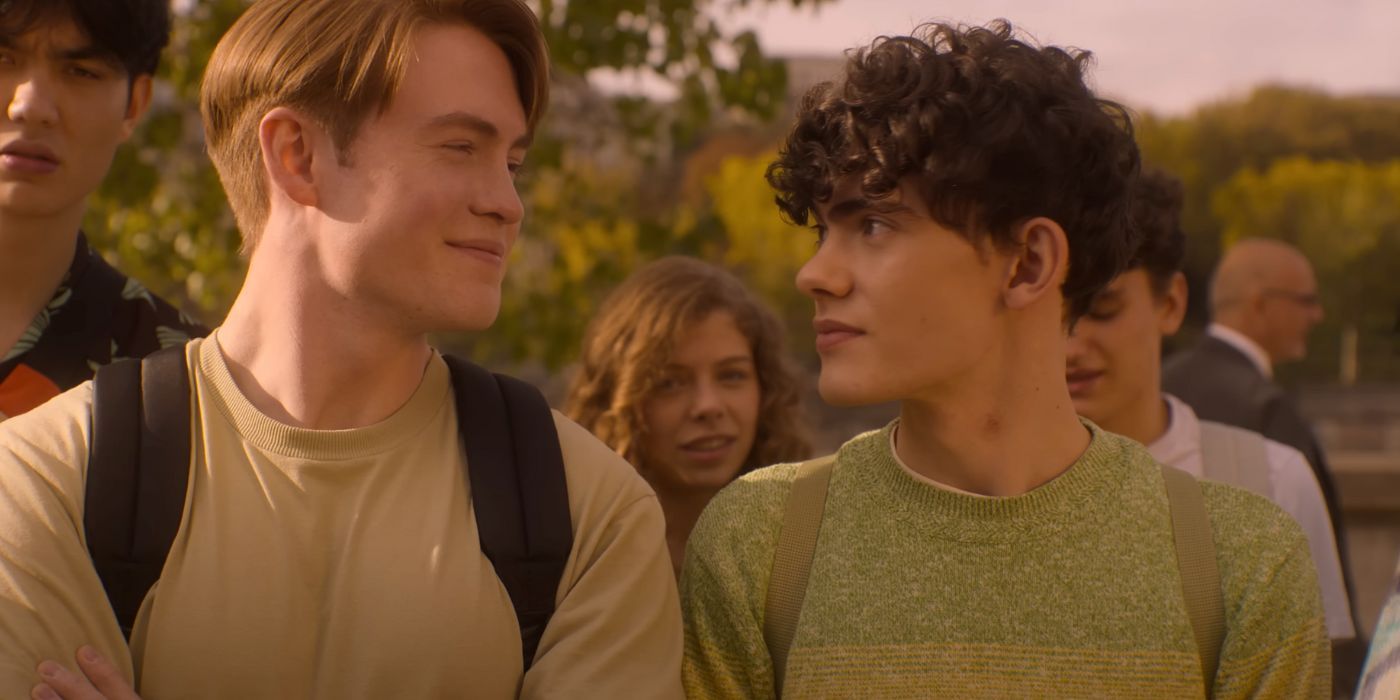
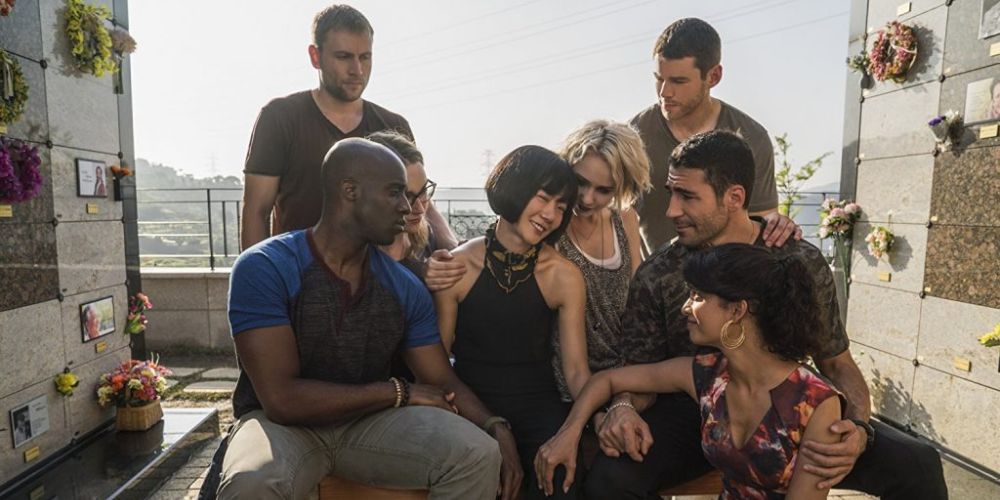

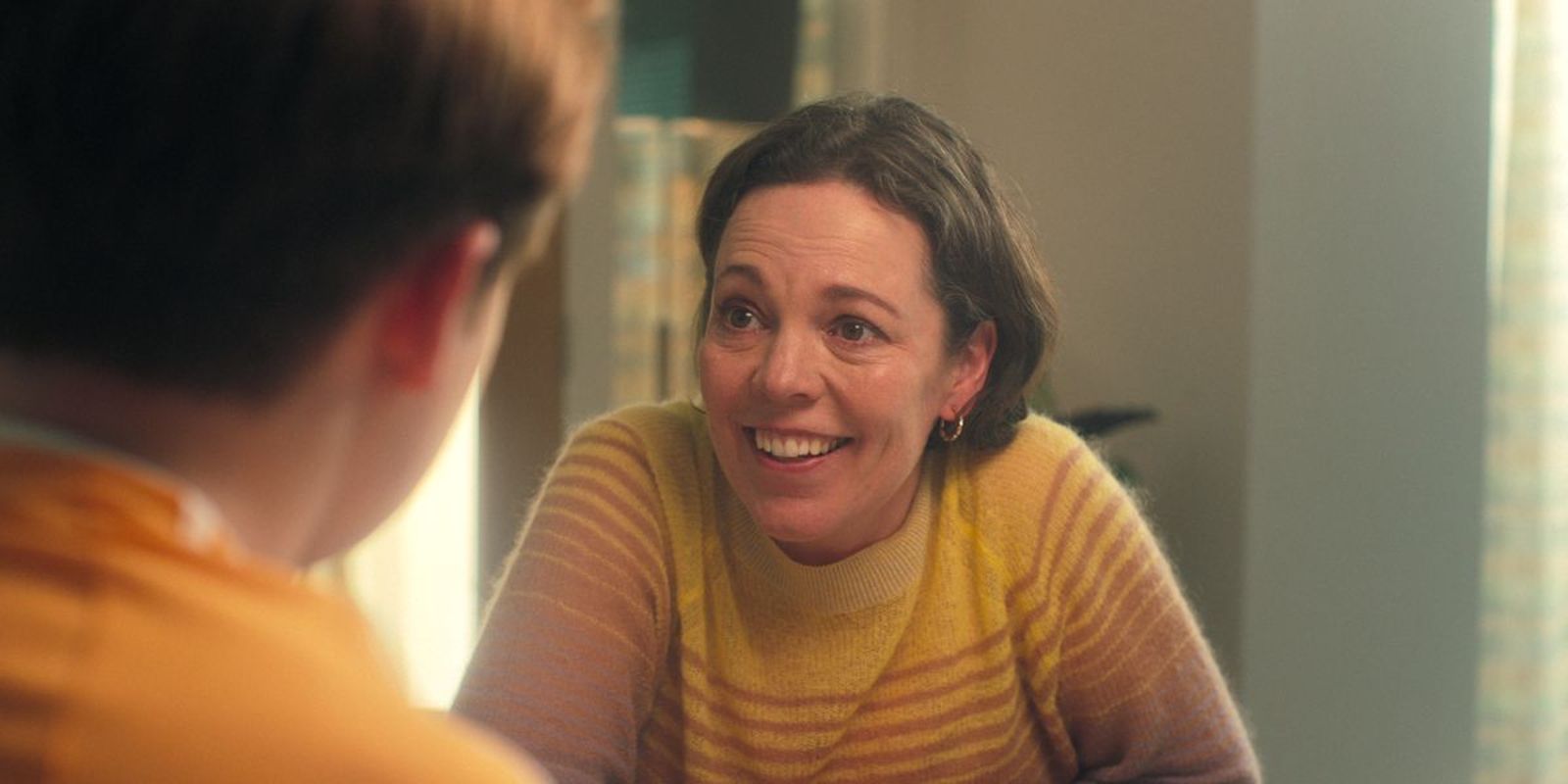
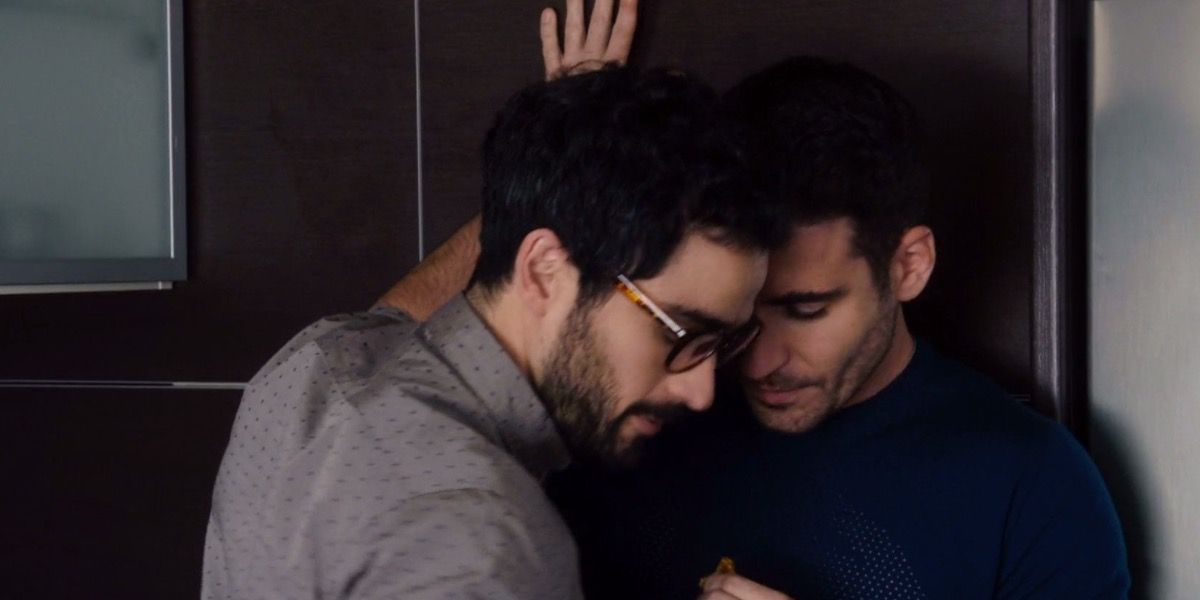
It isn’t unusual for a series to conclude with a movie instead of wrapping up in a final season. Many shows yearn to bring their stories to an end through a film rather than being terminated. The recent announcement by Netflix, which they describe as a tribute to the Heartstopper narrative, follows this emerging trend. The exciting news that Alice Oseman will pen the script and Kit Connor and Joe Locke will serve as executive producers is certainly welcome, but it doesn’t come without conditions.
Indeed, it’s accurate to say that the story of Heartstopper will reach its end in a cinematic format, promising top-notch visuals due to being a feature film. This choice enables a more spectacular and memorable finale, turning it into a significant movie event. However, the trade-off is that the series’ key strength – intricate long-form storytelling – will be sacrificed. In this adaptation, there may not be ample space for a gradually unfolding plot or thorough character development across multiple episodes. It’s essential to remember that Heartstopper encompasses more than just Nick and Charlie’s story.
The tale traditionally focuses on Nick and Charlie taking the main roles, with the rest of the characters contributing to an ensemble cast. A feature film might struggle to delve into the individual stories of Tao, Elle, Darcy, and Tara as deeply as a complete final season would have allowed, given the time constraints. It’s unlikely that these characters will receive the character arcs they deserve in a movie finale, which is unavoidable. Movie endings typically compress emotional storylines into a shorter runtime, increasing the risk of losing the leisurely pace that made Heartstopper so popular and well-received.
Netflix’s decision to transform Heartstopper‘s final episode into a film isn’t unique; it aligns with a persistent pattern within the industry, where queer series are often categorized as “specialized” content, not deserving of substantial long-form funding. Shows like Looking, which was highly praised by critics, had two seasons and a movie finale. While fans were satisfied with the resolution, the movie compressed intricate plotlines, leading to a less-than-satisfying outcome. Similarly, the Netflix series, initially rich in emotion and philosophy, morphed into an action-packed blockbuster, losing the essence that made it unique and appealing in the process.
The Decades-Long Pattern of Queer Shows Getting Short-Changed
The Pattern is Older Than The Streaming Era & Highlights Systemic Industry Issues
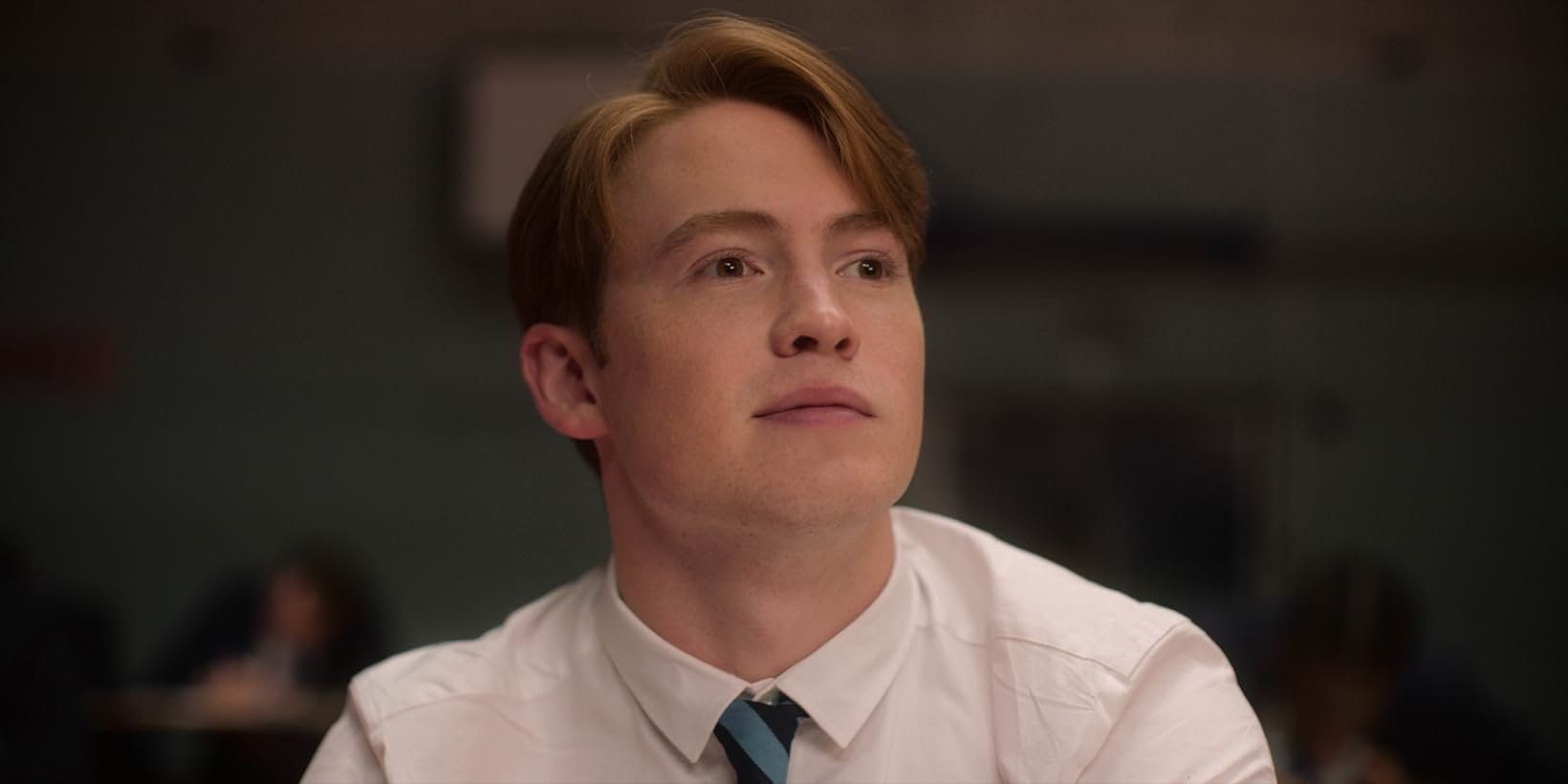
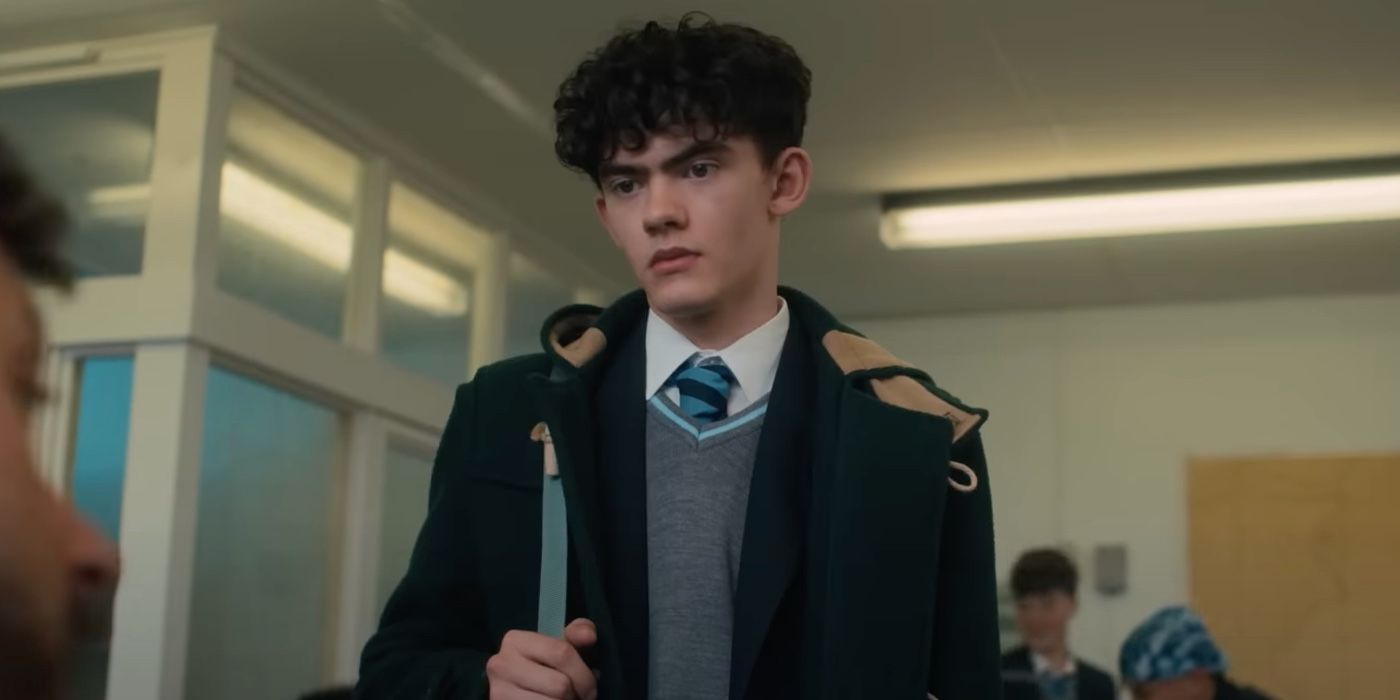

Although streaming platforms have expedited the rate of an existing problem, the tendency towards hasty decisions or, regrettably, premature cancellations has been around even before the advent of Netflix. For instance, the series “Noah’s Arc,” which aired for two seasons from 2005 to 2006, was terminated despite making a significant cultural impact at the time. The show concluded with a 90-minute film in 2008, as multiple relationship storylines were condensed to fit within the movie’s running time.
In the early days, queer television shows struggled greatly to establish legitimacy and sustainability, a battle that persists today, though perhaps in more disguised forms. One series from the 2000s that fought tenaciously and succeeded with a full five-season run was Showtime’s Queer As Folk. Despite its growing mainstream popularity, the show was often perceived as a niche product. Regrettably, Queer as Folk was a rare success, and not many other productions have managed to replicate its lightning-in-a-bottle charm.
Over the last two years, a number of popular queer series have been canceled, such as “The L Word: Generation Q”, “Glamorous”, and “Our Flag Means Death”. Each of these shows contributed significantly to representing diverse characters and fostering devoted fanbases. In particular, “Our Flag Means Death” gained massive popularity among the LGBTQ+ community and its allies, while “The L Word: Generation Q” left numerous storylines unresolved for multiple characters. However, it’s worth noting that there will be another reboot of the series called “The L Word: New York“.
Fundamentally, genuine portrayal in media requires adequate financing. In the current scenario, production studios and streaming platforms are typically seeking immediate success with queer series, preferring swift progress over gradual growth compared to more common narratives. For them, investing in a final film is usually a more cost-effective option because it avoids long-term actor contracts, shortens production timelines, and simplifies marketing efforts.
In some cases, the entertainment industry unfortunately greenlights queer content just to fulfill diversity requirements, but often fails to keep these shows running long enough for audiences to develop a deep connection with them. Today’s market is swamped with content, and it’s crucial for studios and streamers to realize that instant hits are becoming increasingly rare. They should stop treating LGBTQ+ stories as unique projects and break the cycle of early endorsement followed by cancellation.
This ongoing trend suggests to observers that while LGBTQ+ narratives are worth telling, they aren’t deemed significant enough to be given a satisfactory conclusion. It underscores the belief that tales of queer identity, intricacies, and happy endings are too specialized for mainstream television, which is something that needs to be challenged. Heartstopper‘s upcoming movie finale follows this trend. Although it’s a reason for joy since Netflix acknowledges it, it also serves as a subtle call-to-action that queer stories warrant more than a hasty ending; they deserve a complete series instead.
Read More
- Clash Royale Best Boss Bandit Champion decks
- Vampire’s Fall 2 redeem codes and how to use them (June 2025)
- Mobile Legends January 2026 Leaks: Upcoming new skins, heroes, events and more
- World Eternal Online promo codes and how to use them (September 2025)
- How to find the Roaming Oak Tree in Heartopia
- Best Arena 9 Decks in Clast Royale
- Clash Royale Furnace Evolution best decks guide
- Clash Royale Season 79 “Fire and Ice” January 2026 Update and Balance Changes
- Brawl Stars December 2025 Brawl Talk: Two New Brawlers, Buffie, Vault, New Skins, Game Modes, and more
- Clash Royale Witch Evolution best decks guide
2025-04-29 02:23
